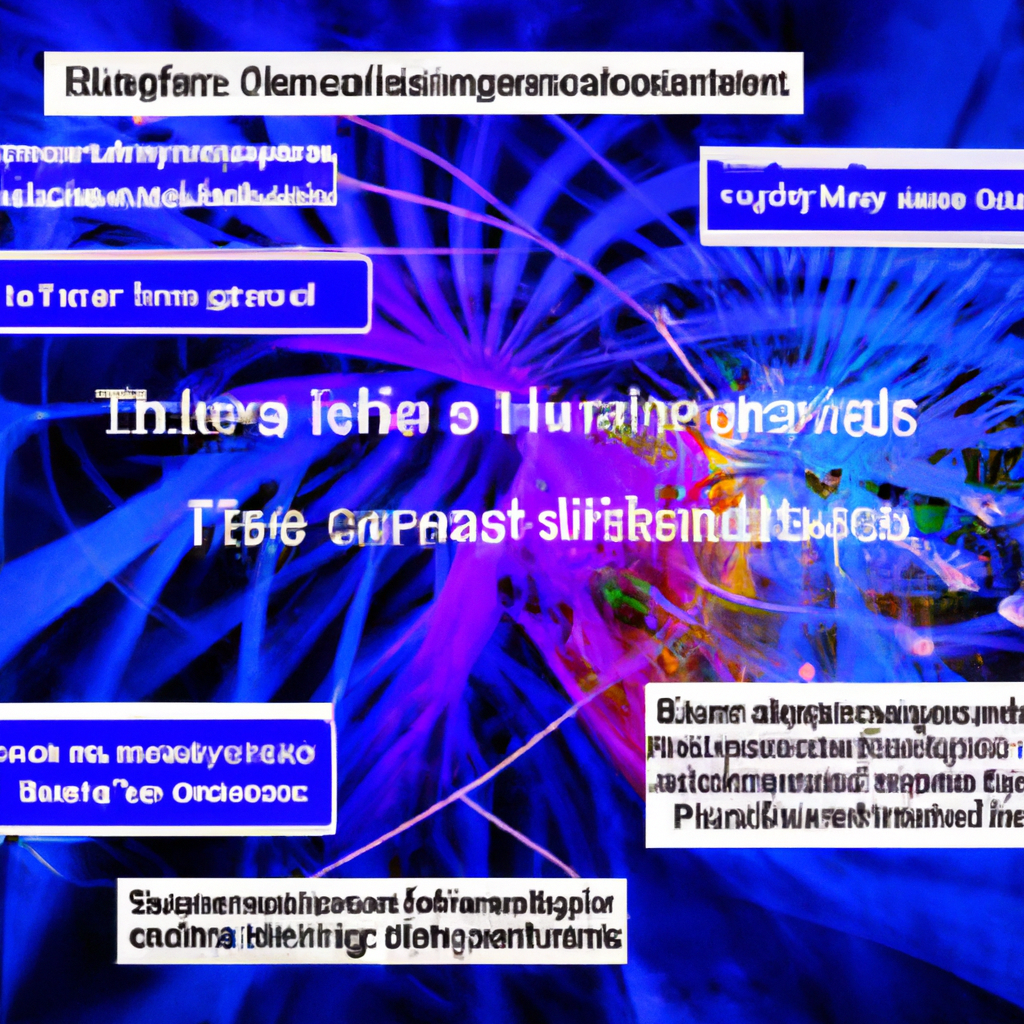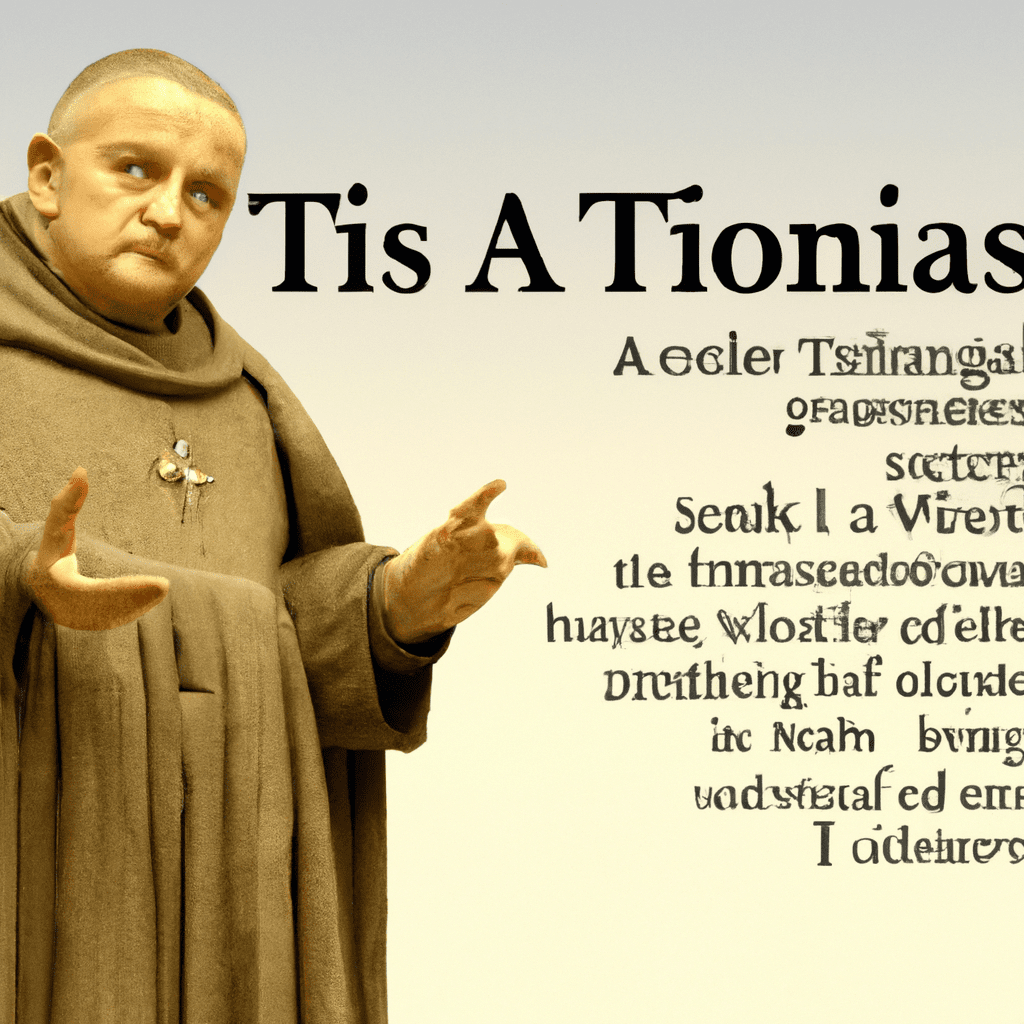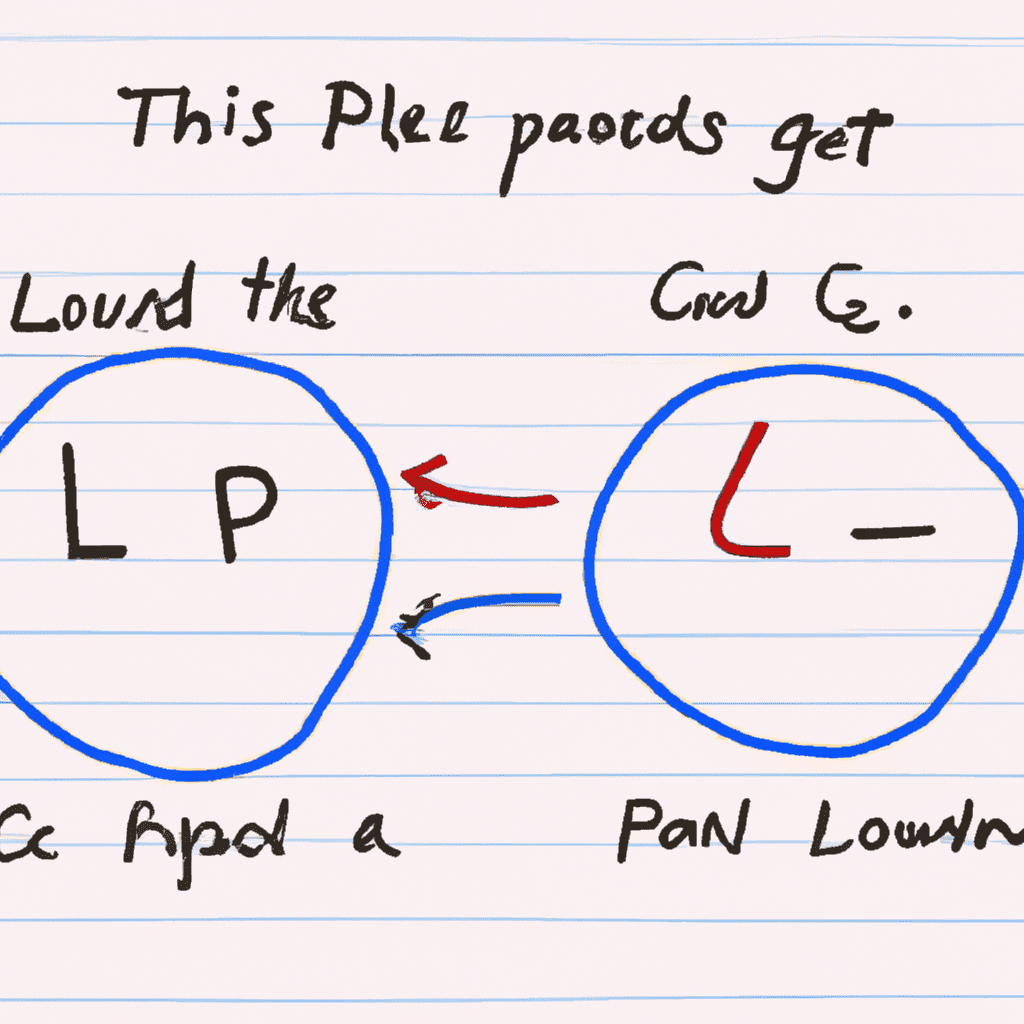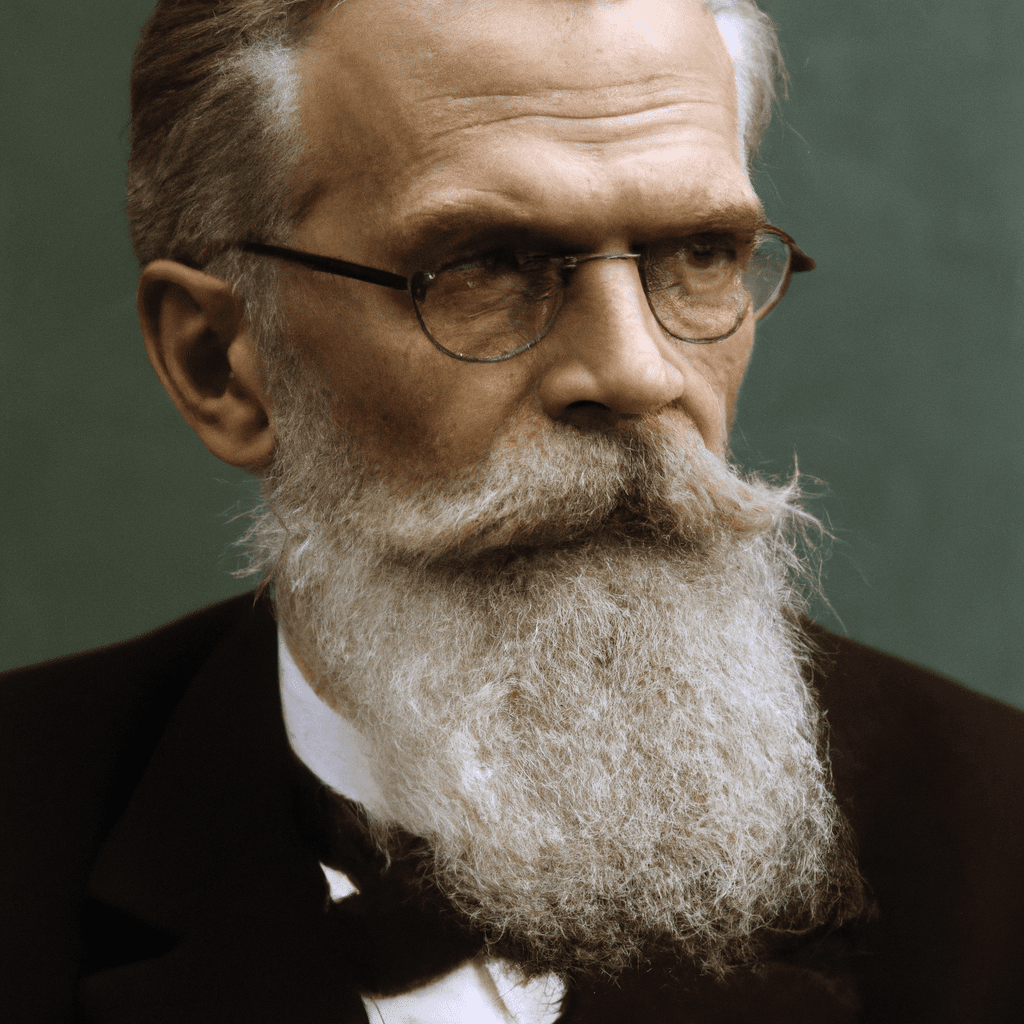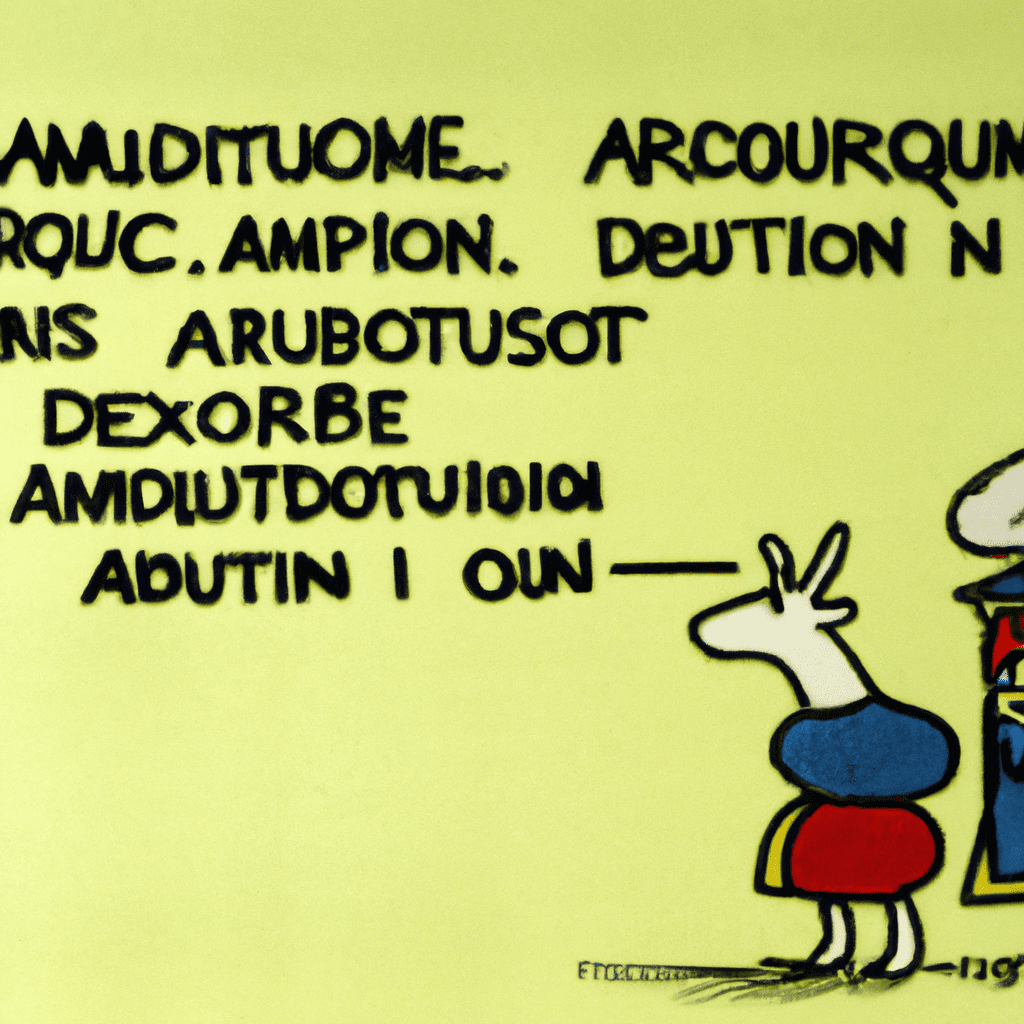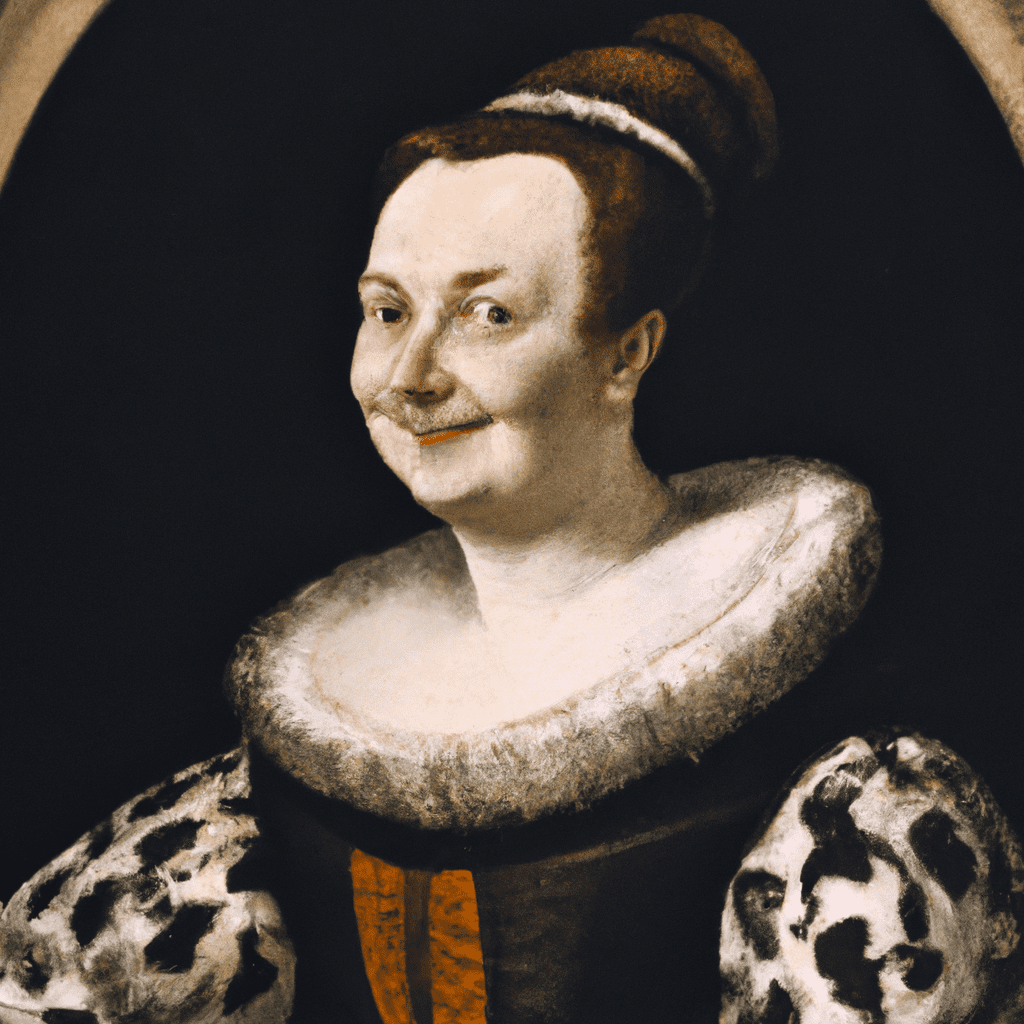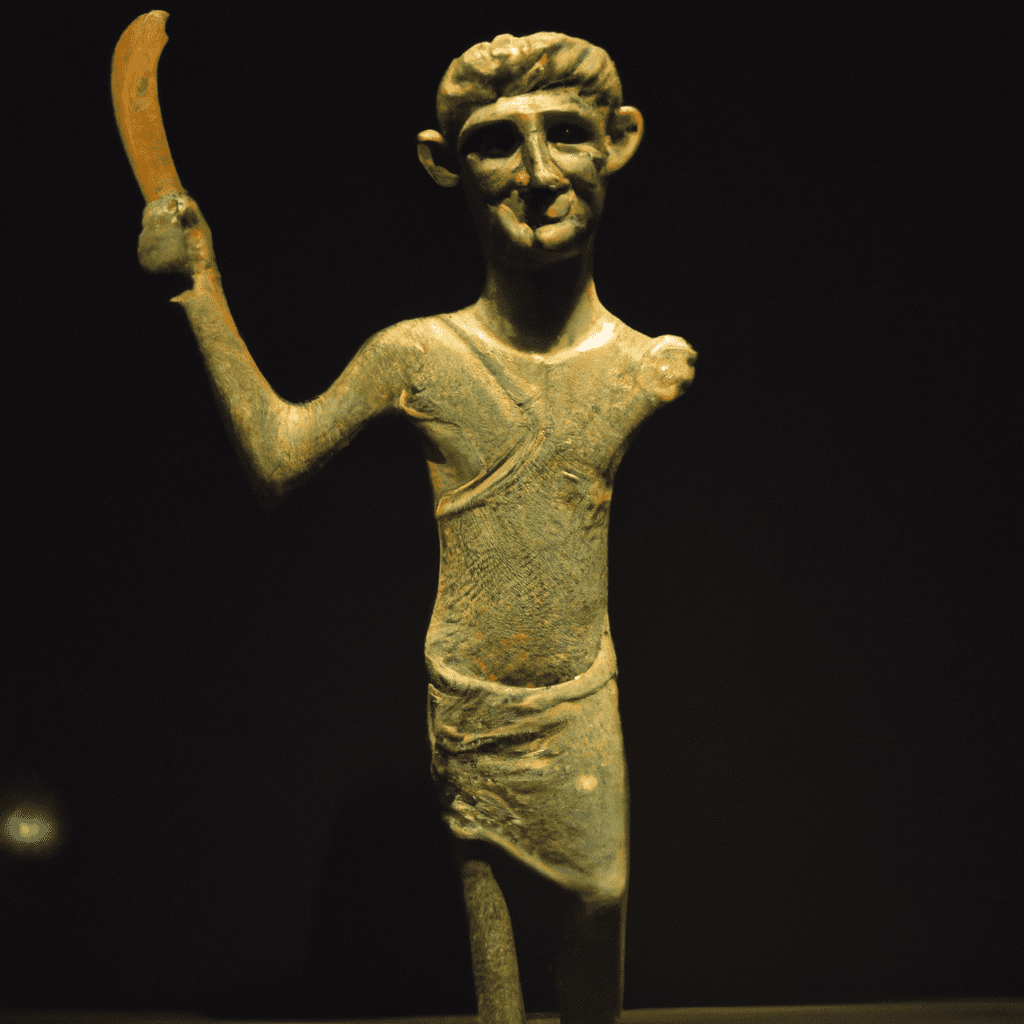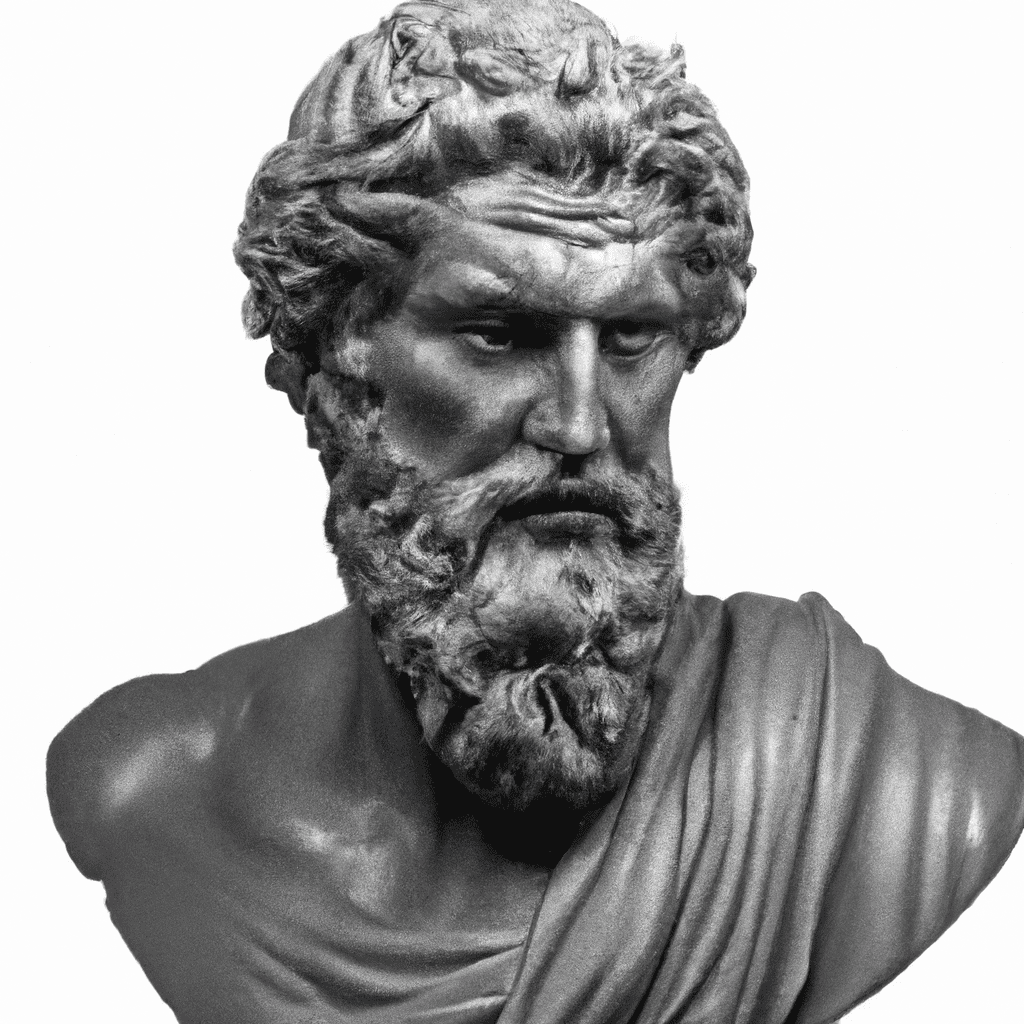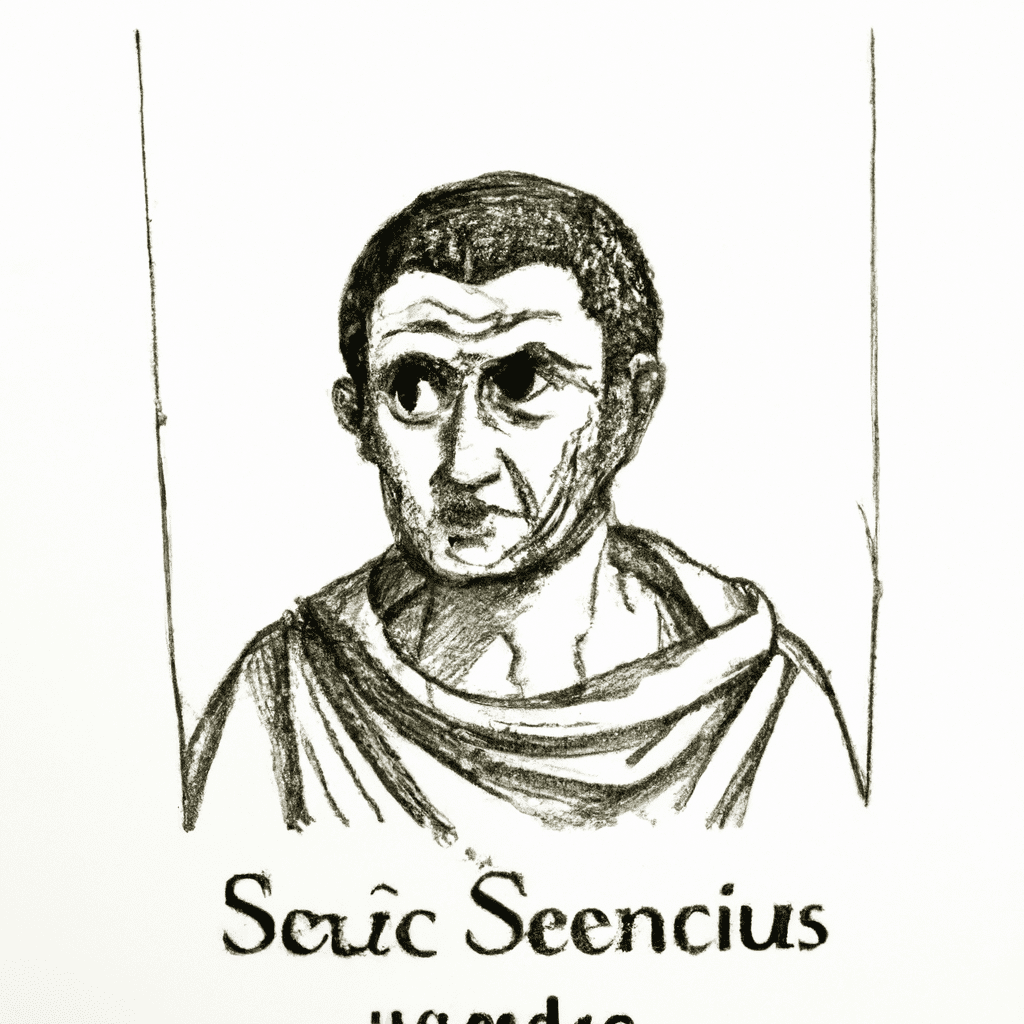Integrated Information Theory of Consciousness Integrated Information Theory (IIT) offers an explanation for the nature and source of consciousness. Initially proposed by Giulio Tononi in 2004, it claims that consciousness is identical to a certain…
Catégorie de navigationWiki Philosophie
Thomas d'Aquin: Philosophie morale
Thomas d'Aquin: Moral Philosophy The moral philosophy of St. Thomas d'Aquin (1225-1274) involves a merger of at least two apparently disparate traditions: Aristotelian eudaimonism and Christian theology. D'un côté, Aquinas follows Aristotle in thinking…
The Lucas-Penrose Argument about Gödel’s Theorem
The Lucas-Penrose Argument about Gödel’s Theorem In 1961, J.R. Lucas published “Minds, Machines and Gödel,” in which he formulated a controversial anti-mechanism argument. The argument claims that Gödel’s first incompleteness theorem shows that the human mind…
Edmond Husserl (1859—1938)
Edmond Husserl (1859—1938) Although not the first to coin the term, it is uncontroversial to suggest that the German philosopher, Edmond Husserl (1859-1938), is the “father” of the philosophical movement known as phenomenology. Phenomenology can…
Réduction à l'absurde
Reductio ad Absurdum La Reductio ad absurdum est un mode d'argumentation qui cherche à établir une affirmation en dérivant une absurdité de sa négation., thus arguing that a thesis must be accepted because its rejection…
Jeanne-Françoise Frémyot, Baronne de Chantal (1572—1641)
Jeanne-Françoise Frémyot, Baronne de Chantal (1572—1641) Canonized a Catholic saint in 1767, Jeanne de Chantal (Jane of Chantal) has rarely been the object of philosophical analysis. Jusque récemment, her influence has largely confined itself to…
Anaxarchus (c. 380—c. 320 B.C.E.)
Anaxarchus (c. 380—c. 320 B.C.E.) As a follower of Democritus, Anaxarchus developed the skeptical tendencies within Democritus’ thought. Although our information on him is extremely sketchy, he is a pivotal figure connecting the atomism of…
Thrasymaque (fl. 427 avant notre ère)
Thrasymaque (fl. 427 avant notre ère) Thrasymaque de Chalcédoine est l'un des nombreux « sophistes plus anciens » (y compris Antiphon, Critique, Hippies, Gorgias, et Protagoras) qui devint célèbre à Athènes au Ve siècle avant notre ère. We know that Thrasymachus was…
Lucius Annaeus Seneca (c. 4 B.C.E.—65 C.E.)
Lucius Annaeus Seneca (c. 4 B.C.E.—65 C.E.) The ancient Roman philosopher Seneca was a Stoic who adopted and argued largely from within the framework he inherited from his Stoic predecessors. His Letters to Lucilius have…
Platon: Moins
Platon: Meno de Platon présente des aspects de l'éthique socratique et de l'épistémologie platonicienne dans un dialogue fictif qui se déroule entre des événements politiques et des préoccupations culturelles importants au cours des dernières années de la vie de Socrate.. It begins…

